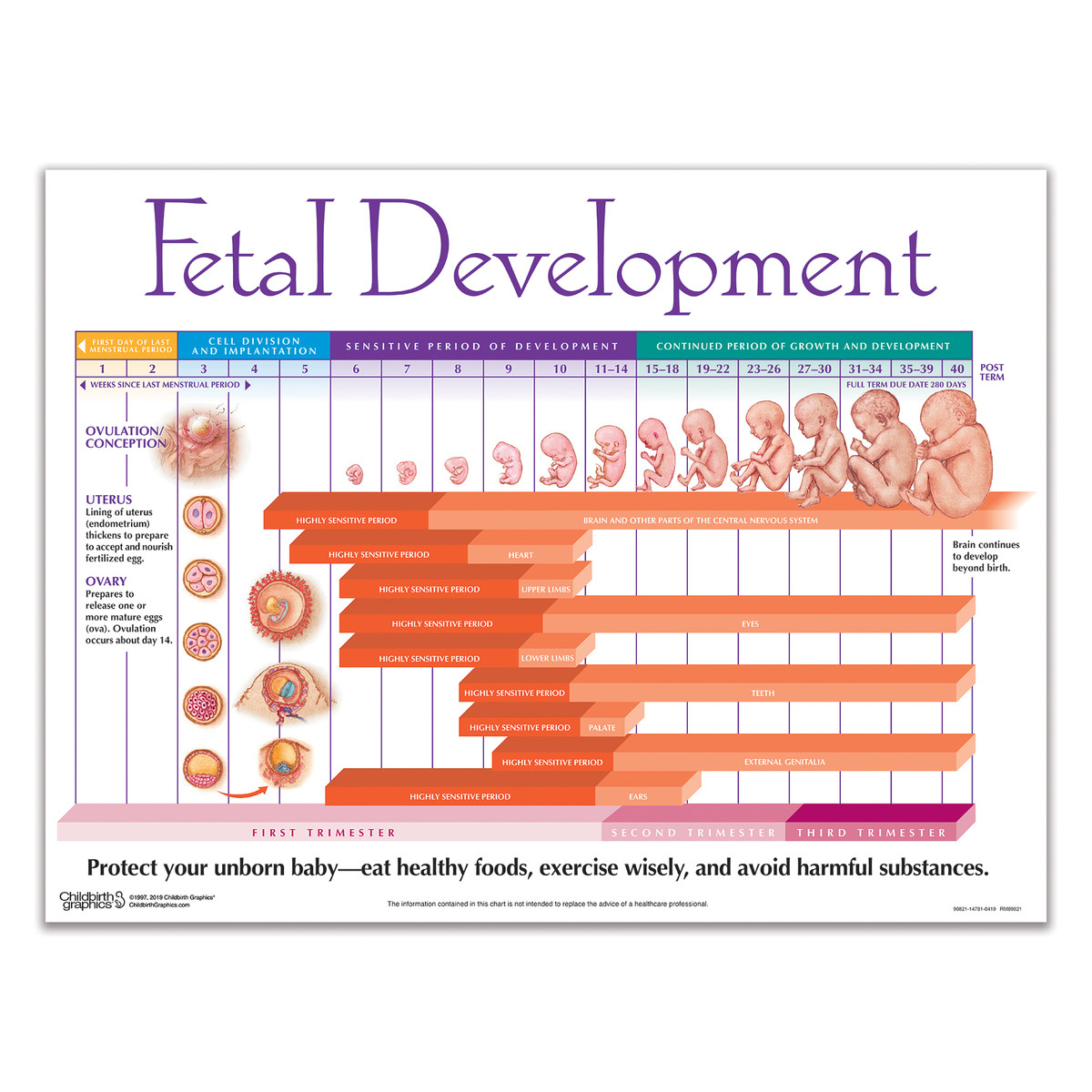 Source: bing.com
Source: bing.comTable of Contents
Introduction
Congratulations on becoming a new parent! The arrival of your little one marks the beginning of a new journey filled with joy, wonder, and endless love. As your baby grows and develops, there are many exciting milestones to look forward to. Understanding the stages of your baby’s development can help you support their growth and celebrate their achievements. In this article, we will provide a summary of a baby’s development from birth to 2 years old.
First Month
During their first month of life, your baby will spend most of their time sleeping and feeding. They will be able to move their head from side to side and may start to make cooing sounds. Your baby’s eyesight will be blurry, but they will be able to recognize your face and voice.
Second Month
By the second month, your baby will start to become more alert and responsive. They may start to smile and make more noises. Your baby’s vision will start to improve, and they will be able to track objects with their eyes.
Third Month
During the third month, your baby’s physical development will really start to take off. They will be able to hold their head up for short periods of time and may start to push up with their arms while lying on their stomach. Your baby’s hand-eye coordination will also improve, and they may start to grab objects.
Fourth and Fifth Months
By their fourth and fifth months, your baby will start to develop new skills rapidly. They will be able to roll from their stomach to their back and vice versa. Your baby’s babbling will become more complex, and they may start to imitate sounds. Your baby’s hand-eye coordination will continue to improve, and they may start to transfer objects from one hand to the other.
Sixth Month
During the sixth month, your baby will start to sit up with support. They may also start to reach for objects with one hand while supporting themselves with the other hand. Your baby’s first teeth may start to emerge, and they may start to eat solid foods.
Seventh to Ninth Months
By the seventh to ninth months, your baby will start to become more mobile. They may start to crawl or scoot on their belly. Your baby’s babbling will become more advanced, and they may start to say their first words. Your baby’s hand-eye coordination will be well developed, and they may start to pick up small objects with their fingers.
Tenth to Twelfth Months
During the tenth to twelfth months, your baby will start to pull themselves up to stand and may start to take their first steps. Your baby’s vocabulary will continue to expand, and they may start to understand simple commands. Your baby’s fine motor skills will be well developed, and they may start to use a pincer grasp to pick up small objects.
Thirteenth to Eighteenth Months
By the thirteenth to eighteenth months, your baby will become even more independent. They may start to walk confidently and explore their surroundings. Your baby’s language skills will continue to improve, and they may start to say simple sentences. Your baby’s social skills will also develop, and they may start to play more cooperatively with other children.
Nineteenth to Twenty-Fourth Months
During the nineteenth to twenty-fourth months, your baby’s development will slow down slightly. They will continue to refine their gross and fine motor skills and may start to climb stairs. Your baby’s language skills will also continue to develop, and they may start to use more complex sentences. Your baby’s personality will become more apparent, and they may start to display preferences and dislikes.
Conclusion
Watching your baby grow and develop is an amazing experience. By understanding the stages of your baby’s development, you can support their growth and celebrate their achievements. Remember that every baby develops at their own pace, so don’t worry if your baby reaches milestones a little later than expected. Enjoy the journey and cherish every moment with your little one.
Frequently Asked Questions
Q: What can I do to support my baby’s development?
A: You can support your baby’s development by providing a safe and nurturing environment, talking to them frequently, reading to them, and engaging in playtime activities that promote their physical and cognitive development.
Q: How can I tell if my baby is reaching developmental milestones?
A: You can monitor your baby’s development by tracking their progress using developmental checklists, talking to their pediatrician, and observing their behaviors and skills.
Q: What should I do if my baby is not reaching developmental milestones?
A: If you are concerned about your baby’s development, talk to their pediatrician. They can assess your baby’s skills and provide guidance on how to support their growth and development.
Q: Is it normal for babies to develop at different rates?
A: Yes, it is normal for babies to develop at different rates. Every baby is unique and will reach developmental milestones at their own pace.
Q: What should I do if I have concerns about my baby’s development?
A: If you have concerns about your baby’s development, talk to their pediatrician. Early intervention can help address any issues and support your baby’s growth and development.
